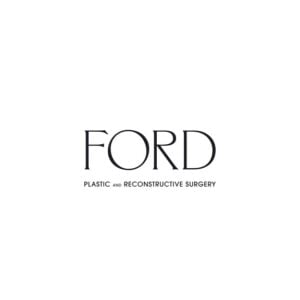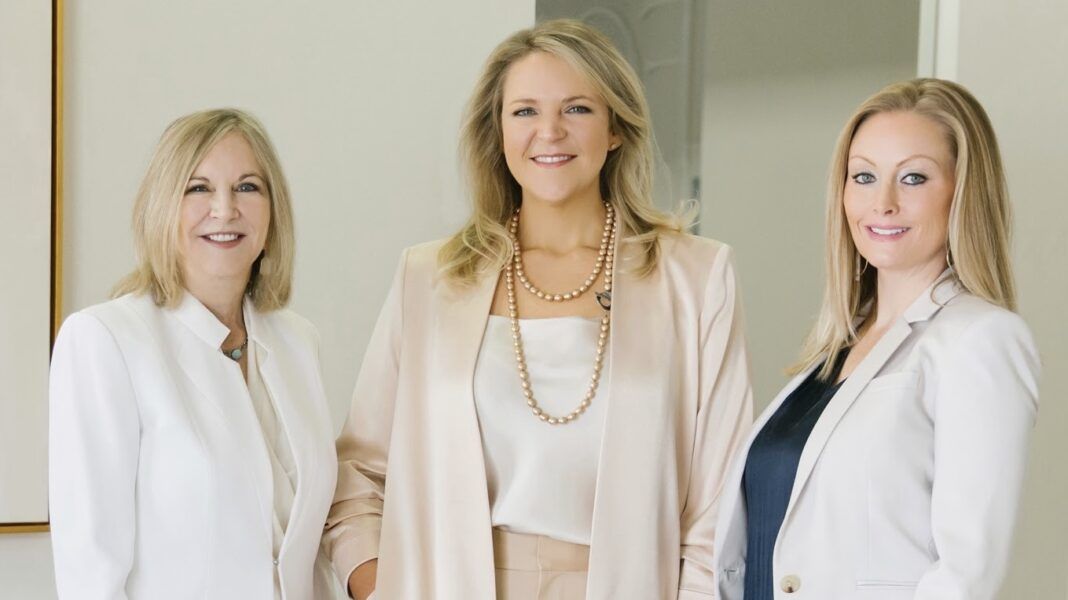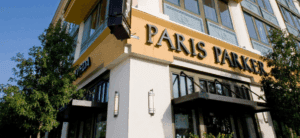Holistic approach a must for facial rejuvenation
Sponsored by Ford Plastic and Reconstructive Surgery
Facial aging is the result of many changes that happen over time including skin surface alterations, tissue laxity, volume loss and changes to the muscular and bony anatomy of the face. That is why a facelift remains the most powerful and the gold standard approach to facial rejuvenation.
“But not everyone is ready for a facelift,” says Dr. Katherine Chiasson, who is double board certified by the American Board of Surgery and the American Board of Plastic Surgery. “The decision is deeply personal, and we understand that as plastic surgeons. Fortunately, today’s non-surgical options can deliver effective results.” Here’s what Dr. Chiasson, Dr. Ann Ford Reilley and licensed aesthetician MeLisa Stalter of Ford Plastic & Reconstructive Surgery advise.
At the top of Dr. Chiasson’s list for maintaining youthful looking skin is daily use of SPF and medical-grade skincare products. Medical-grade skincare products contain higher concentrations of active ingredients than the products you can buy off the shelf. Additionally, these products are held to high standards by the FDA and contain ingredients that have been clinically proven to meet their claims.
When it comes to neurotoxins and fillers, Dr. Chiasson recommends a judicious use of injectables. At Ford Plastic and Reconstructive Surgery, all injections are performed by Dr. Chiasson, who is very cautious of “filler fatigue” and the “pillow face” look of too much filler. She advises her patients on appropriate dosing of neurotoxins (like Botox) to prevent wrinkling from facial muscle activity while still maintaining normal facial expressions and movement.
Dermal fillers come in many varieties; some are made of hyaluronic acid (for example Juvederm, Restylane) to “plump” areas of volume loss and some are made of calcium hydroxyappetite or poly-L-lactic acid (Radiesse, Sculptra) and are considered biostimulants. Biostimulating fillers actually stimulate collagen production, leading to more youthful skin. The combination of tastefully done neurotoxins and fillers can help to relax wrinkles and to restore volume lost from normal aging for a more youthful facial shape.
Additionally, as a plastic surgeon, Dr. Chiasson can offer facial fat grafting procedures. In these procedures, fat is removed from the patient’s own body using liposuction, and after purification, it can be injected into the patient’s face as a more permanent facial filler. Our fat includes our body’s own stem cells that are very powerful in facial rejuvenation, particularly volume loss, wrinkling and skin texture.
Skin resurfacing treatments are another recommendation for improving skin quality, tone and texture. At Ford Plastic and Reconstructive Surgery, Stalter employs many different techniques including laser skin resurfacing, chemical peels, microneedling and IPL to give clients noticeable results.
Morpheus8 treatments are non-surgical treatments that combine microneedling with radiofrequency energy. A Morpheus8 treatment can penetrate the skin at different depths and stimulate collagen production to tighten and smooth wrinkles on the face and body. Common treatment areas include the face, neck and decolletage. Morpheus8 can also be used to treat scars, including those from acne or other causes.
Stalter also offers Lumecca treatments that use powerful intense pulsed light (IPL) to improve the appearance of age spots, capillaries, redness, freckles and sun damage.
Each of these treatment modalities can combat facial aging, but the most powerful results occur when they are combined so that the issues of skin surface changes, tissue laxity and volume loss can be addressed. At Ford Plastic and Reconstructive Surgery, a patient’s treatment plan is always customized to meet her individual needs and goals. Aging is a gradual process, so treatment plans include both surgical and non-surgical options. For more information about any of the procedures discussed above or to schedule a consultation, call or text 225.269.2610 or visit online at fordprs.com.










